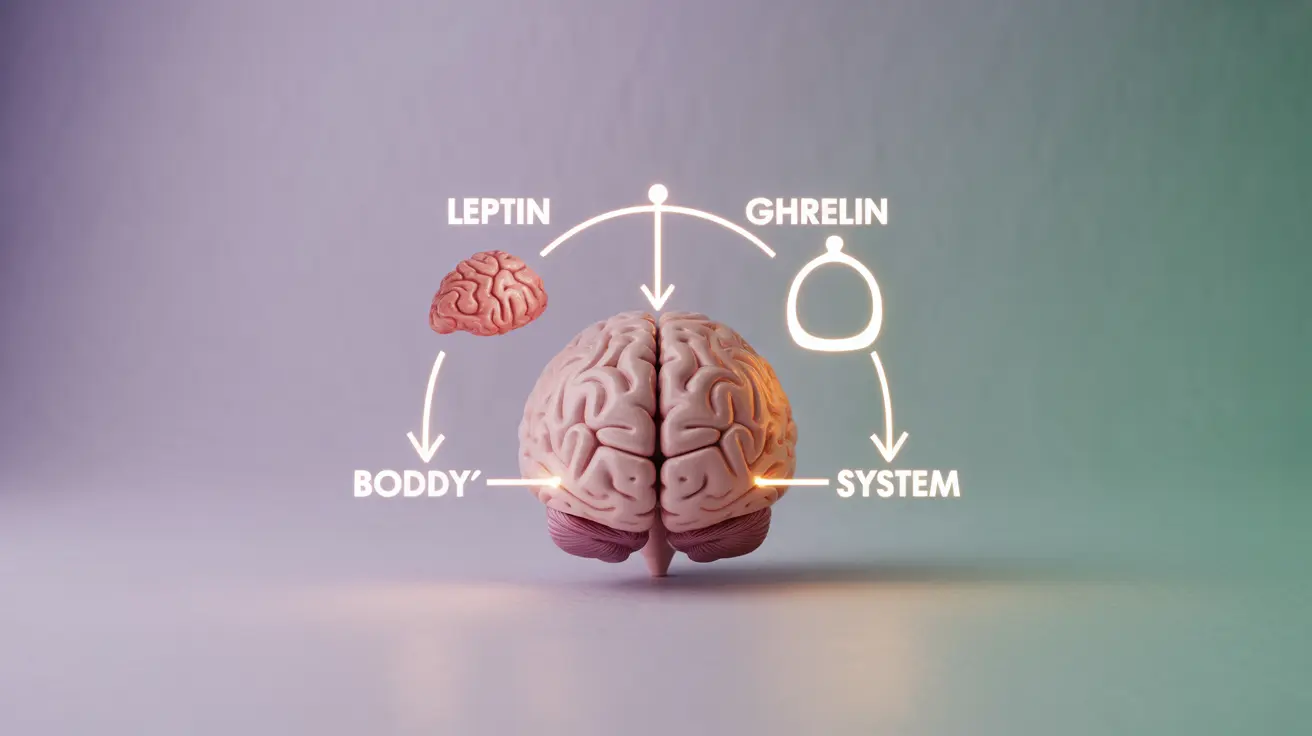The relationship between sleep deprivation and weight gain has become increasingly clear through scientific research. When we don't get enough quality sleep, our bodies undergo various physiological changes that can significantly impact our weight and overall metabolic health.
Understanding this connection is crucial for anyone trying to maintain a healthy weight or struggling with unexplained weight gain. Let's explore how poor sleep affects our body's weight regulation systems and what we can do about it.
How Sleep Affects Your Appetite Hormones
Sleep deprivation directly impacts two key hormones that regulate hunger and satiety: leptin and ghrelin. When you don't get enough sleep, your body decreases production of leptin (the satiety hormone) while increasing ghrelin (the hunger hormone).
This hormonal imbalance can lead to increased appetite and more frequent hunger pangs throughout the day. Research shows that sleep-deprived individuals may consume anywhere from 300 to 550 additional calories daily due to these hormonal changes.
The Impact on Food Choices and Cravings
Sleep deprivation doesn't just make you hungrier – it can dramatically affect what you choose to eat. When you're tired, your brain's reward centers become more active in response to food, particularly high-calorie, carbohydrate-rich options.
Studies have shown that sleep-deprived individuals tend to:
- Choose larger portion sizes
- Gravitate toward energy-dense foods
- Experience stronger cravings for sugary snacks
- Make poorer dietary decisions overall
Metabolic Changes and Fat Storage
Lack of sleep can significantly alter how your body processes and stores fat. Sleep deprivation affects insulin sensitivity, potentially leading to increased fat storage and a higher risk of weight gain.
Key metabolic changes include:
- Decreased insulin sensitivity
- Reduced glucose tolerance
- Slower metabolic rate
- Increased cortisol levels, promoting fat storage
Breaking the Cycle: Sleep Improvement Strategies
To prevent weight gain related to sleep deprivation, implementing good sleep habits is essential. Consider these evidence-based strategies:
Establish a Consistent Sleep Schedule
Go to bed and wake up at the same time every day, even on weekends. This helps regulate your body's internal clock and improve sleep quality.
Create an Optimal Sleep Environment
Ensure your bedroom is dark, quiet, and cool. Remove electronic devices and invest in comfortable bedding to promote better sleep.
Develop a Relaxing Bedtime Routine
Engage in calming activities before bed, such as reading, gentle stretching, or meditation. Avoid screens at least one hour before bedtime.
Frequently Asked Questions
How does sleep deprivation contribute to weight gain and obesity risk?
Sleep deprivation leads to weight gain through multiple mechanisms: hormonal changes that increase hunger, altered food preferences favoring high-calorie options, reduced impulse control, and metabolic changes that promote fat storage.
What changes occur in appetite hormones like leptin and ghrelin with poor sleep?
Poor sleep decreases leptin (the satiety hormone) and increases ghrelin (the hunger hormone), leading to increased appetite and reduced feelings of fullness.
Can not getting enough sleep increase my calorie intake and cravings for unhealthy foods?
Yes, sleep deprivation can increase daily calorie intake by 300-550 calories and intensify cravings for high-carbohydrate, calorie-dense foods due to enhanced reward center activity in the brain.
How does sleep deprivation affect metabolism and fat storage in the body?
Sleep deprivation impairs insulin sensitivity, reduces glucose tolerance, slows metabolic rate, and increases cortisol levels, all of which promote fat storage and make weight management more difficult.
What are practical ways to improve sleep to help manage or prevent weight gain?
Key strategies include maintaining a consistent sleep schedule, creating a dark and cool bedroom environment, establishing a relaxing bedtime routine, limiting screen time before bed, and ensuring 7-9 hours of sleep per night.




